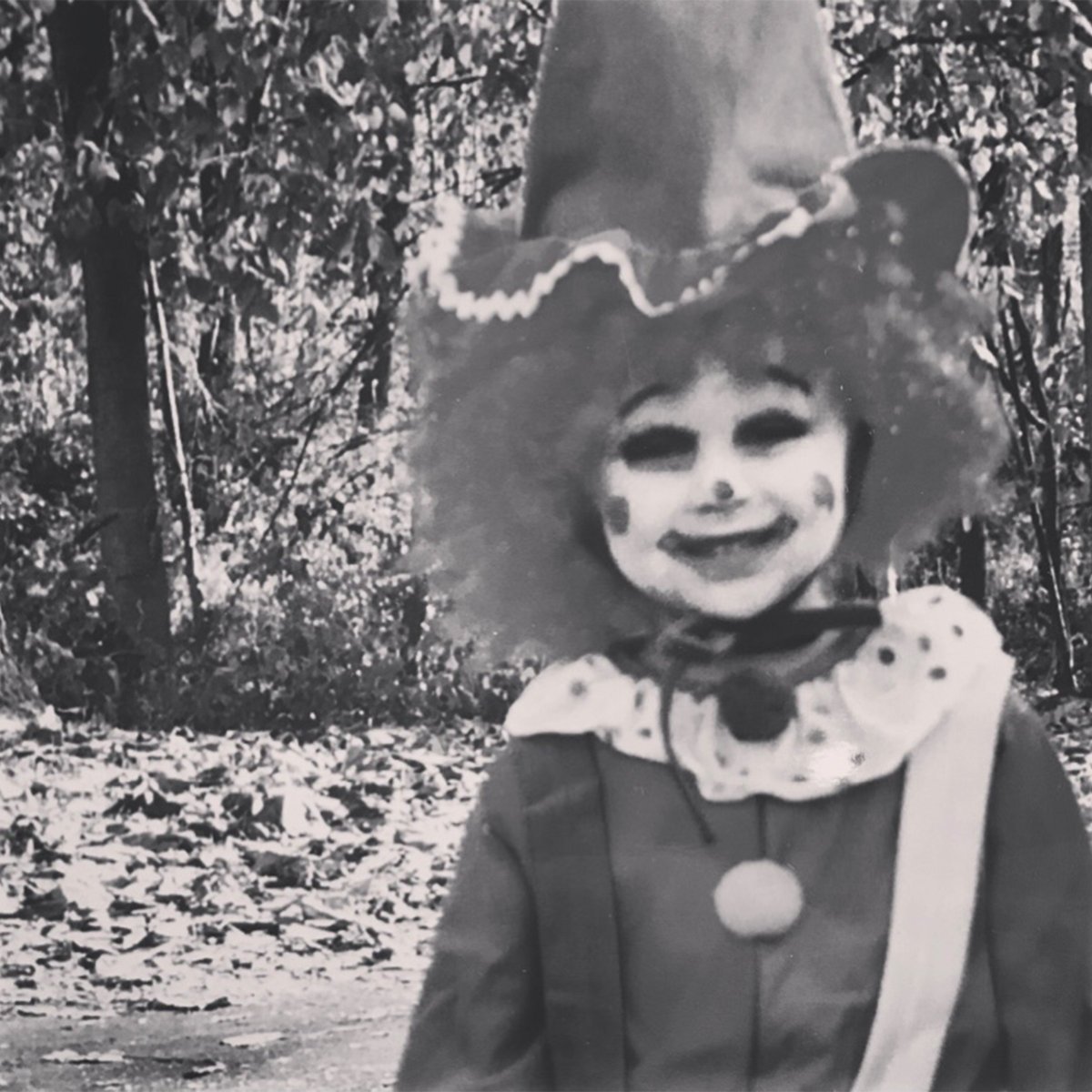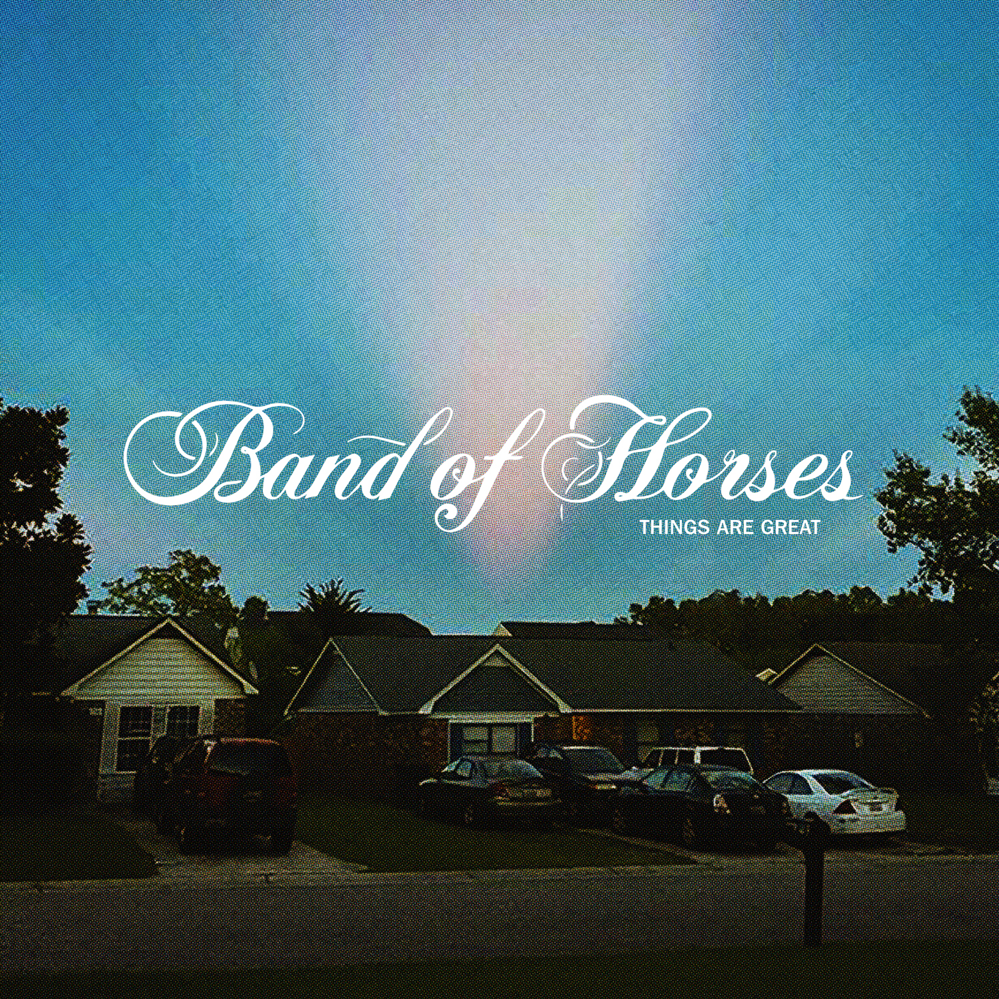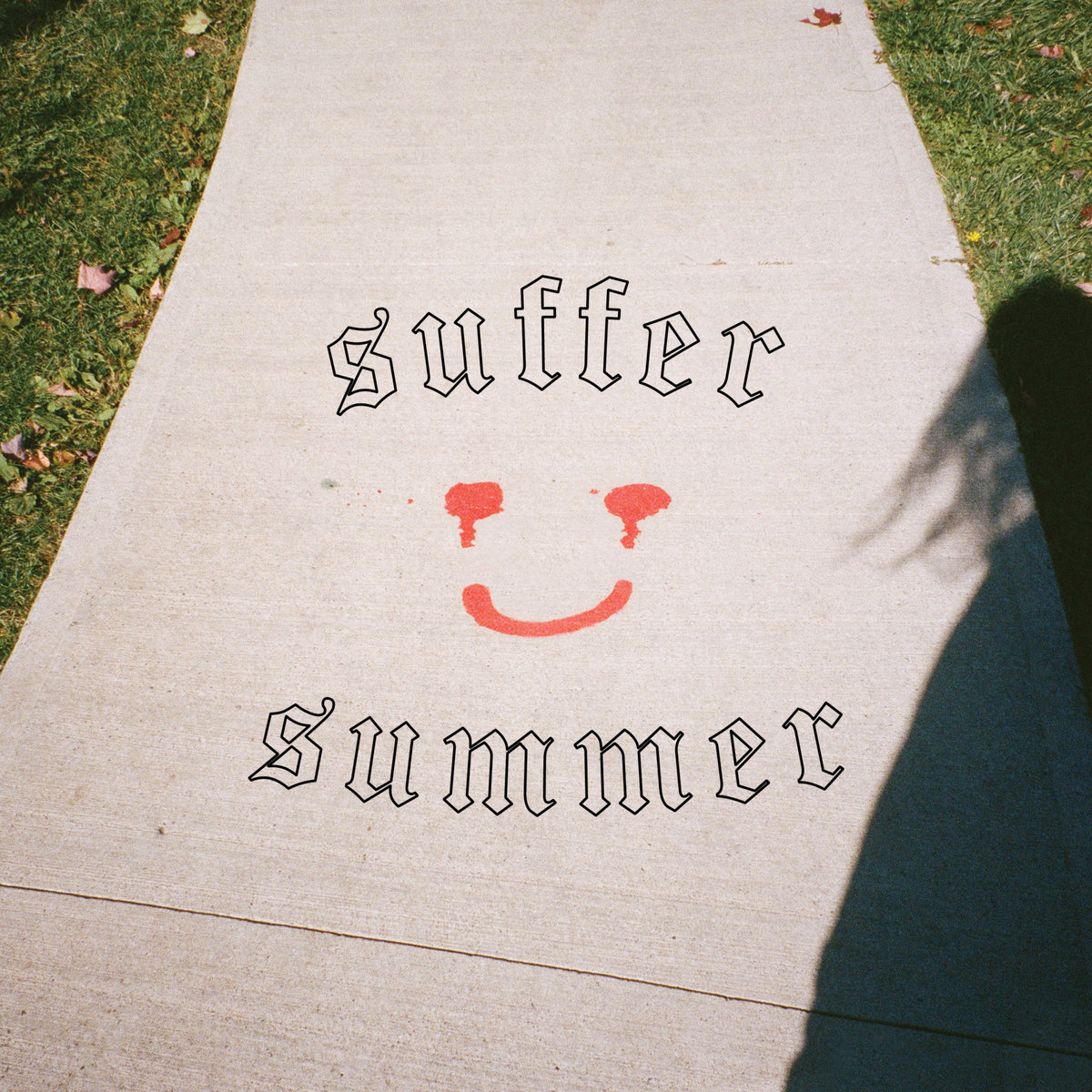Nagasaki Swim – The Weight Pt. 2 | Single Review
/I don’t know about you guys, but things have been pretty rough lately. Between fascist infringements on bodily autonomy, frightening escalations of rightwing dog whistles, and apocalyptic concerns for the world at large, it’s been hard for me to do much beyond just continuing to exist. It’s been nearly impossible to motivate myself at work, and even harder to motivate myself here on the blog. On top of all this, I caught COVID back in April, so that was a fun little reminder of my mortality.
Over the past year, I’ve tried hard to recognize when I need to take a break. Last year I set a goal of publishing at least one article here every week (and I did it!), but recently I’ve been reminding myself that it’s okay to walk away from things for a little bit. That means I don’t force myself to publish anything just for the sake of fresh “content” because nobody wants to read that, and I don’t want to write that. I love sharing the music that I love with the world, but taking the time to sit down and articulate why I adore a piece of music has been a surprisingly hard thing for me recently.
This has been a long preamble, but hey, ‘words on music and life,’ right? That’s what ya signed up for when you clicked on this. I write all this as a way to flush out my thoughts but also to say that “The Weight Pt. 2” by Nagasaki Swim is the first piece of music I’ve heard in months that’s inspired me to break out a fresh Google Doc and actually start writing. That alone should speak volumes about this song.
The track is a prelude to the Neverlandish folk group’s upcoming sophomore effort Everything Grows and acts as a direct sequel to the mid-album cut from last year’s The Mirror. Back when it was released, I described the band’s debut as “acoustic-led bedroom rock that still manages to sound huge.” Based on what’s on display with “The Weight Pt. 2,” the group has only refined that sound further, expertly walking the line between sweeping and intimate.
“The Weight Pt. 2” slowly wades the listener in with a single acoustic guitar which gradually builds outward with bass, drums, and a gorgeous string section. After establishing this solemn sway, lead singer Jasper Boogaard enters with a nasally delivery that evokes the remorseful twang of recent Greet Death singles.
After a verse about wasting days nudging thoughts around, the instrumental pairs down to just the strings before lifting off into a beautiful, meditative passage. Between the funeral scenes depicted and the anguishing morbid thoughts articulated, the feeling of death hangs heavy over the atmosphere of the song.
The instrumental dies out again about four minutes in for (what feels like) the end, only for the strings to swell back up and carry us out with a soaring outro that affords the listener just enough time to properly absorb the heft of the topic.
“The Weight Pt. 2” is not a fun or light-hearted listen, but it is cathartic and freeing in its own way. God knows we’ve all felt that weight of death and dread recently, and sometimes it’s comforting to seek refuge in a song that fully acknowledges the presence of those extremes. It’s not a distraction; it’s an affirmation that things are fucked up and hard. If you’ve been feeling the weight lately, Nagasaki Swim is right there with you.





















